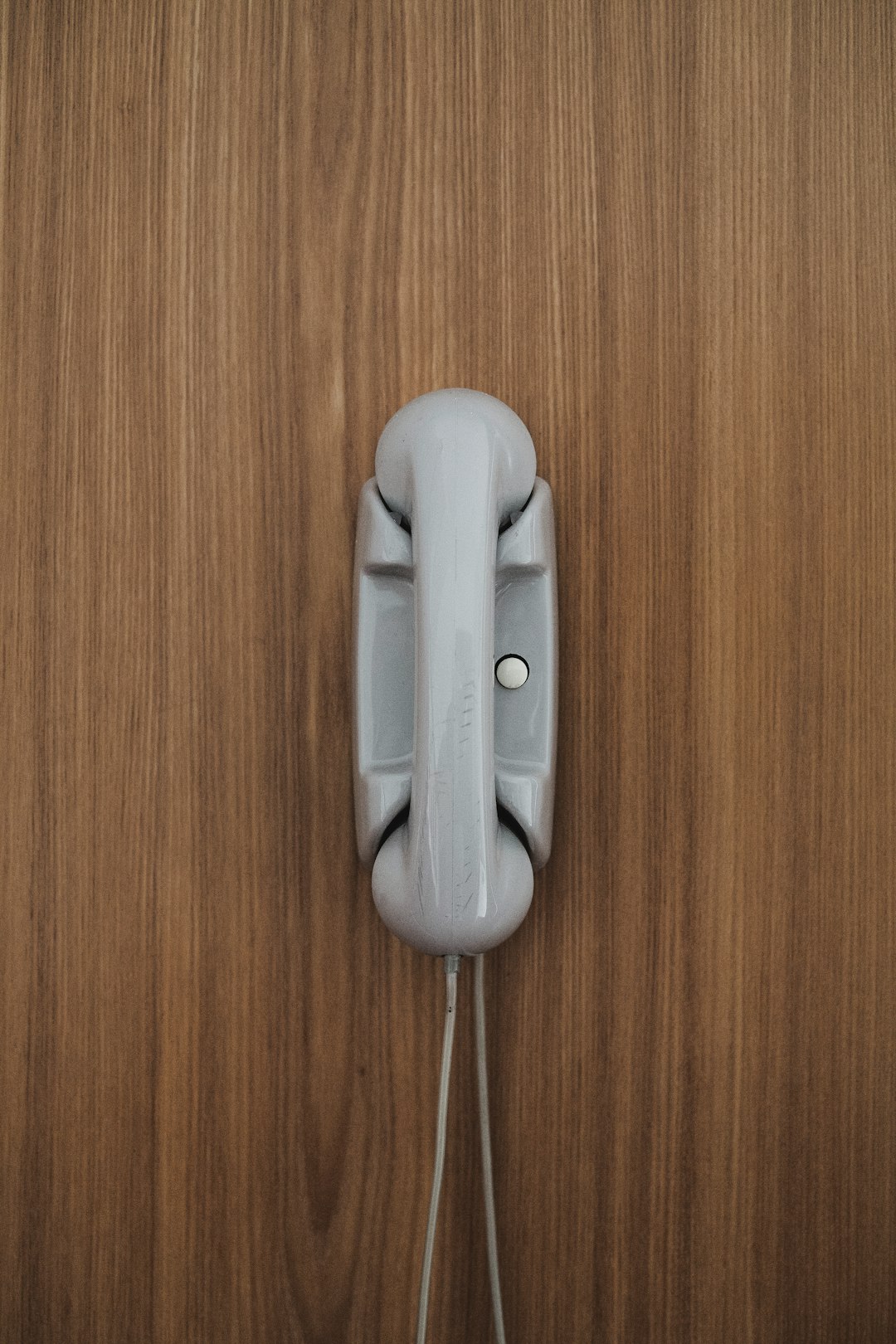Maine's debt collection laws protect both debtors and collectors, ensuring fairness and transparency. These regulations guide communication methods, disclosure rules, and timeframes, empowering consumers to dispute inaccurate claims. Specialized legal expertise is crucial for navigating these complexities, especially for lawyers representing debt collectors. In Maine, understanding these laws fosters a balanced debt resolution process with respect for rights and responsibilities.
Looking to understand Maine’s debt collection laws? This comprehensive guide breaks down your rights and responsibilities under the state’s legal framework. From the perspective of both debtors and collectors, we navigate the nuances of Maine law, including when practices become unlawful. Whether you’re dealing with a debt collector or seeking legal counsel as a lawyer specializing in this area, knowing your rights is crucial. Dive into this article to gain insights that could protect you or help you represent clients effectively.
Understanding Maine's Debt Collection Laws

Maine has established comprehensive laws to protect consumers from aggressive or unfair debt collection practices, ensuring a balanced approach between creditors’ rights and debtors’ relief. These laws are designed to provide clarity and safeguard individuals’ financial well-being during the debt recovery process. Understanding these regulations is crucial for both consumers and debt collectors alike, emphasizing the importance of adhering to ethical standards.
If you’re dealing with debt collection issues or seeking guidance as a lawyer for debt collectors in Maine, familiarizing yourself with these laws is essential. They outline permitted communication methods, disclosure requirements, and timeframes for collectors, while also empowering consumers with rights to dispute inaccurate claims and request validation of debts. This mutual understanding fosters a fairer system, promoting transparency between parties involved in debt collection activities within the state.
Rights of Both Debtors and Collectors

In Maine, both debtors and debt collectors have specific rights and protections under the law. When it comes to debt collection, a lawyer for debt collector in Maine can help navigate these complex regulations. Debtors have the right to fair treatment and accurate information about their debt. They are protected from harassment, false or misleading communication, and excessive or unfair collection practices. For instance, debt collectors must identify themselves, provide validation of the debt, and cease contact if requested.
On the other hand, collectors have the legal right to recover debts owed to them. They must adhere to strict guidelines regarding the frequency and time of day they contact debtors, as well as the type of language used. A lawyer specializing in debt collection laws in Maine can ensure both parties understand their rights and responsibilities, fostering a fair and transparent process for resolving outstanding debts.
When Is Debt Collection Unlawful?

Debt collection in Maine is governed by state laws designed to protect consumers from aggressive or unfair practices. According to Maine law, debt collectors must adhere to specific guidelines when attempting to recover debts. Unlawful debt collection activities can include using abusive, threatening, or deceptive means to extract payments. Collectors are prohibited from making false statements about the debt, using vulgar language, or employing tactics that could be considered harassment.
Additionally, a lawyer for a debt collector in Maine must ensure they comply with time restrictions when contacting debtors and provide proper validation of the debt. They cannot call at unreasonable times or places known to be inconvenient for the debtor. If you believe your rights have been violated by a debt collector, consulting with an experienced Maine laws attorney specializing in debt collection is crucial to understanding your options and taking appropriate action.






